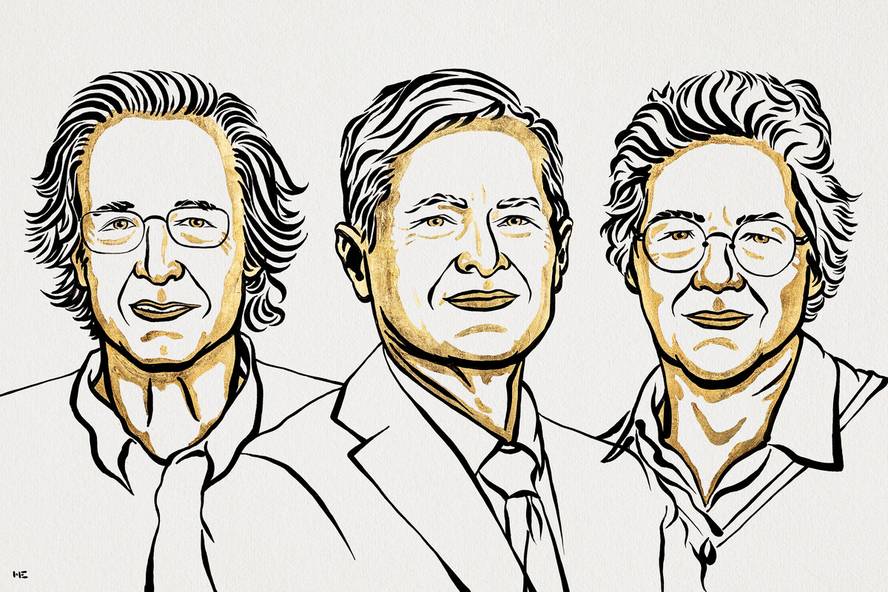Agostini, Krausz and L’Huillier receive the Nobel Prize in Physics by attosecond methods for electron research

The Swedish Academy of Sciences has announced that Pierre Agostini, Ferenc Krausz and Anne L’Huillier will receive the Nobel Prize in Physics 2023 for "experimental methods to investigate the dynamics of electrons, generate pulses of attosecond light". L’Huillier becomes the fifth woman to receive this award.
The Academy reports that its work has been fundamental to be able to investigate the dynamics of electrons inside atoms and molecules. In fact, in the world of electrons, changes occur at the speed of tenths of an attosecond (an attosecond is a shorter time interval than a trillion of a second). Well, Nobel Prize-winning physicists have done experiments this year to create measurable pulses of light in attoseconds. These pulses allow images of the processes that occur in atoms and molecules.
Step by step
In 1987, Anne L’Huillier observed that when emitting infrared laser light through noble gas, different harmonics were created. each harmonic is a light wave with a given number of cycles for each laser light cycle. Laser lights originate from the interaction with gas atoms, providing each electron with an additional energy that is subsequently transmitted to the light mode.
Anne L'Huillier has continued to investigate this phenomenon and has laid the groundwork for new steps. In 2001, Pierre Agostini managed to create and investigate continuous pulses of light, each lasting only 250 attoseconds. At the same time, Ferenc Krausz was conducting other experiments and managed to isolate a single pulse of light of 650 attoseconds of duration.
These experiments have allowed the investigation of processes in which it was not possible to continue before. According to Eva Olsson, Chairman of the Physics Novel Committee, the next step will be to learn how to use it. In fact, they point out that they can be applied in different areas, from electronics to medical diagnostics.
Pierre Agostini was born in 1968, Aix earned a PhD at Marsell University and research at Ohio University. For his part, Ferenc Krausz was born in 1962, a PhD student at the Technological University of Vienna and is director of Quantum Optics at the Max Planck Institute. Finally, Anne L'Huillier was born in 1958, PhD in Pierre and Marie Curie University and studied at Lund University.





